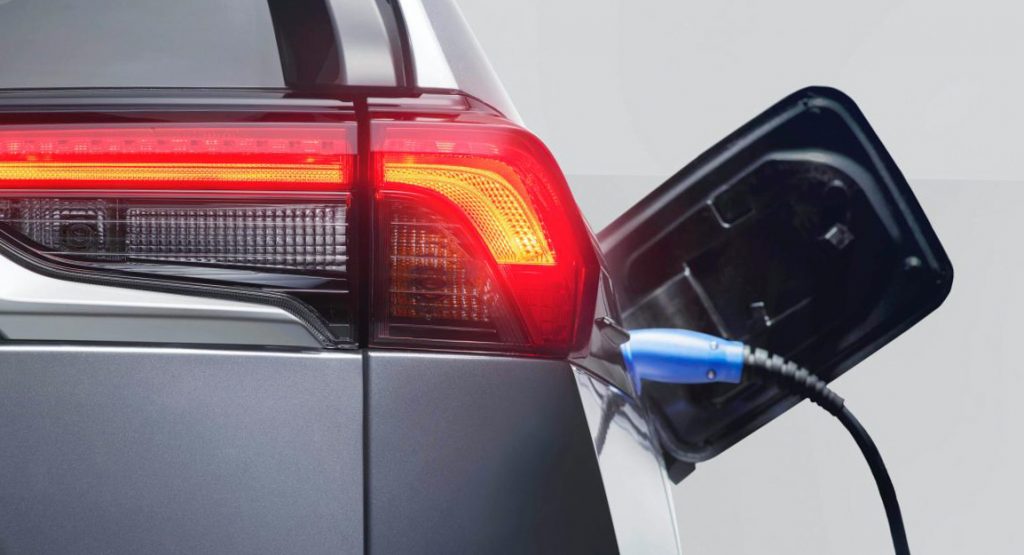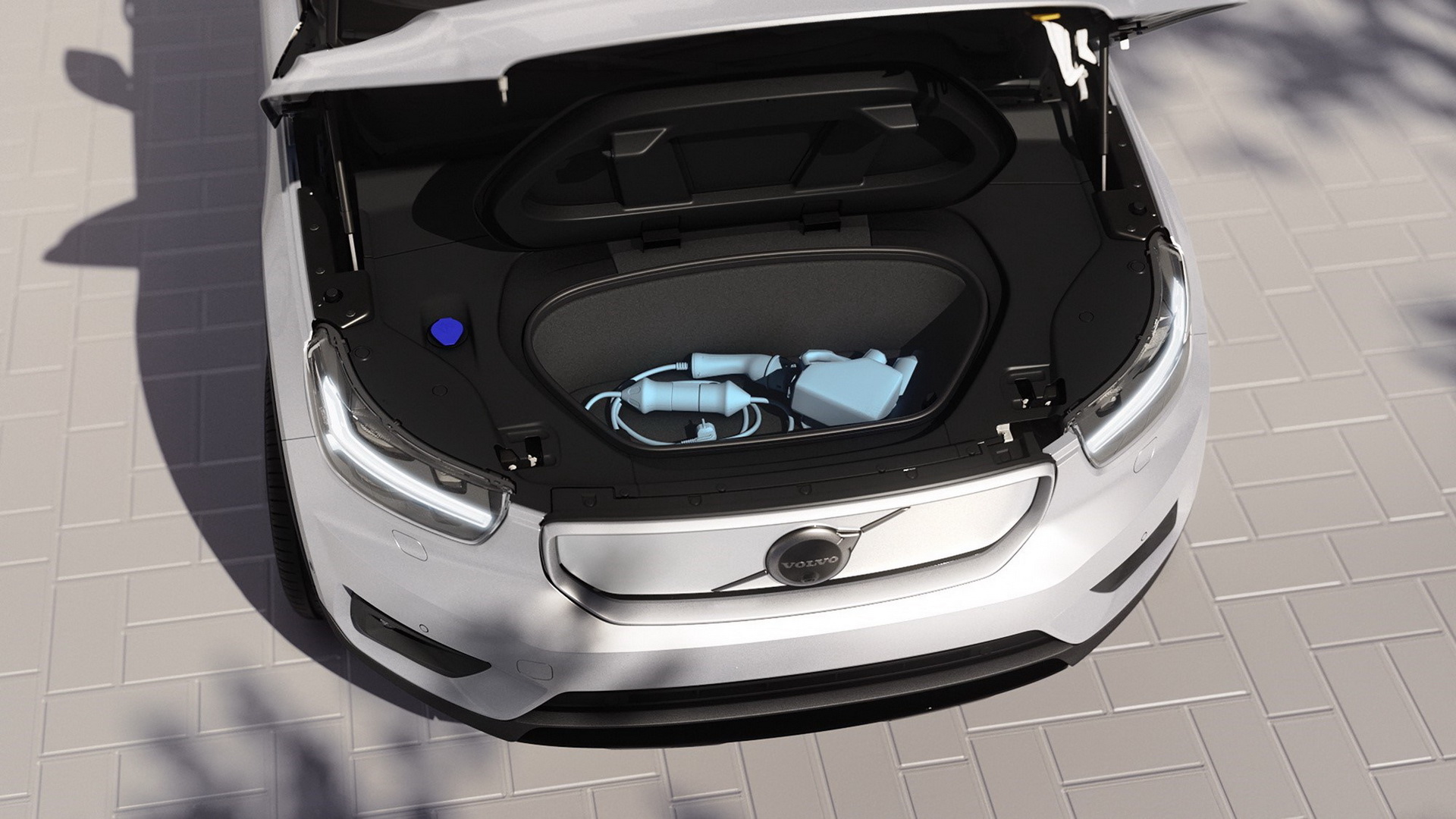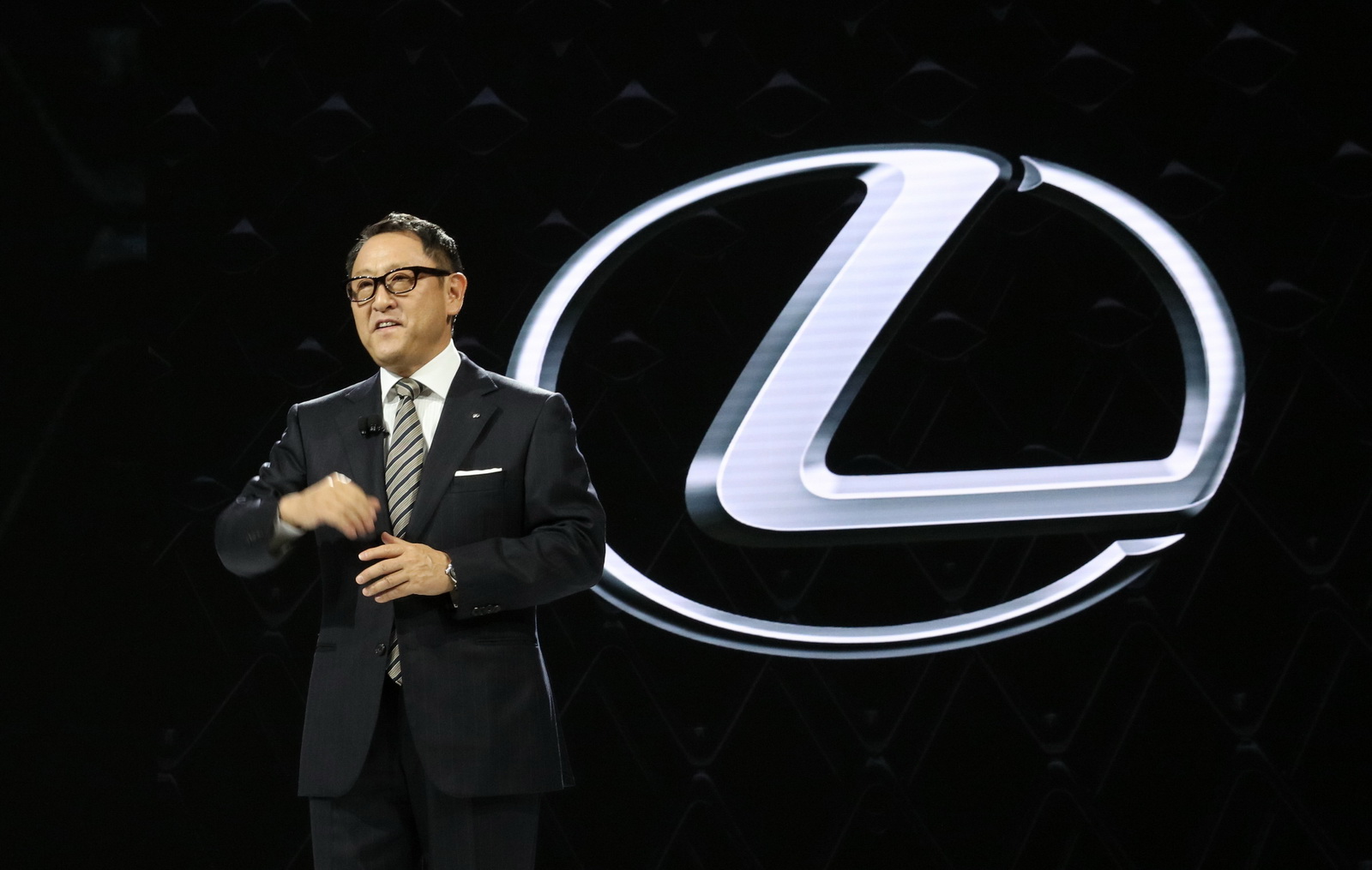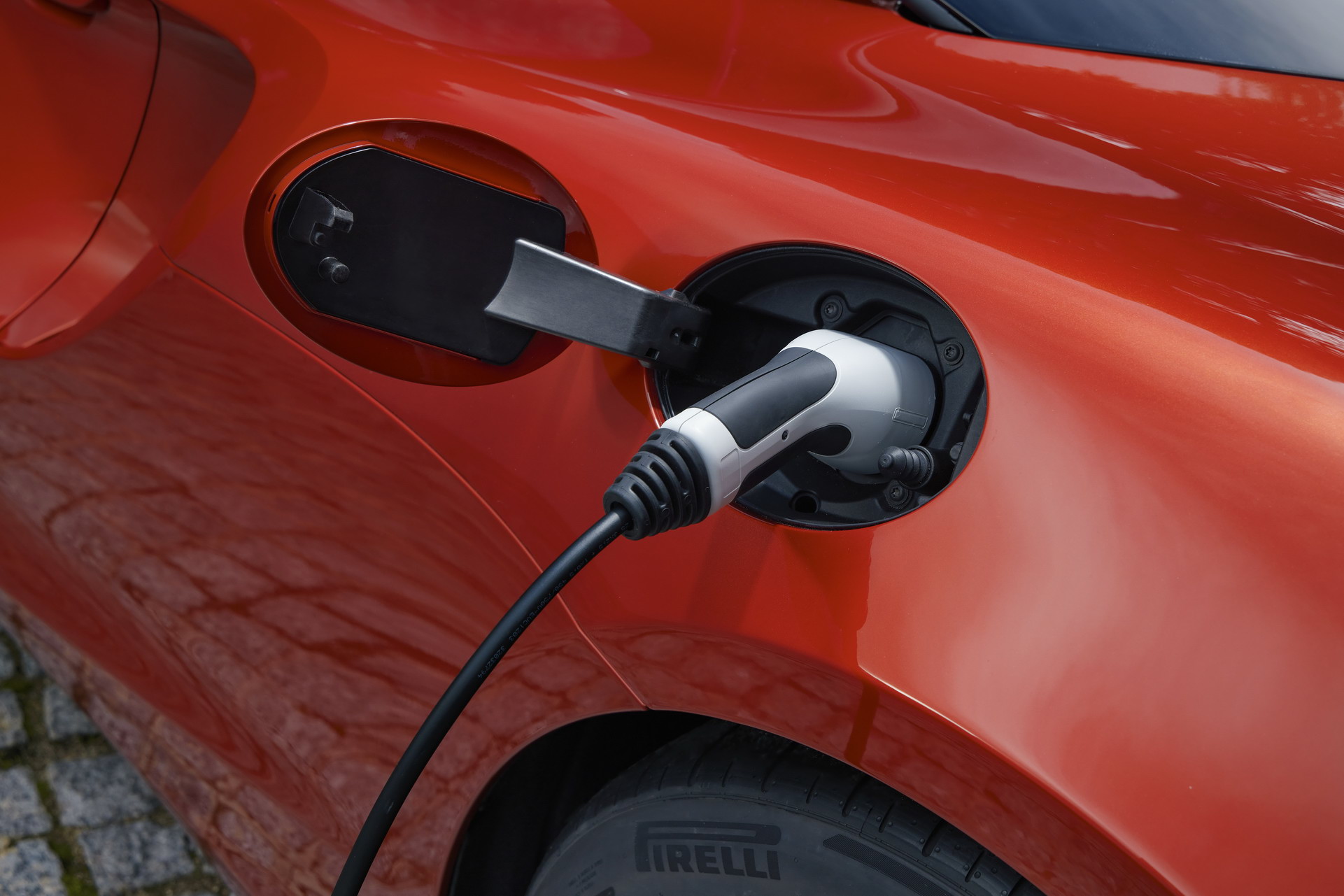Today’s big question is a divisive one: Who’s got it right when it comes to the future of EV technology? While trying not to oversimplify the situation, car manufacturers seem to be rapidly moving towards two distinct camps when it comes to their stance on realigning their line-ups for a new age.
Eggs In One Basket: Those For, Raise Your Hands
One goal pursued by what seems to be a growing majority is the EV-only route. Companies such as Jaguar, Ford of Europe, and Volvo have signaled that they’re throwing all their eggs into the EV basket. While it’s a seismic change, their intentions fall in line with multiple countries’ legislation that will inevitably spell the death of internal combustion engines.
There’s no doubt that most legacy carmakers were caught napping by the upstarts at Tesla. The once minnow-ish American company continues to challenge the status quo and their cars are viewed as the golden standard by most prospective EV-buyers. Teslas still can’t be bettered on range, and as time goes on, the quality control issues that plagued early models seem to be coming to an end. Well, almost…
Read: Volvo To Offer EV Only Range From 2030
In the last month alone, keen to play catch-up, we’ve heard that Volvo will become an EV-only brand by 2030 (making us question what Polestar will stand for), while Jaguar aims to be EV-only even sooner, with 2025 announced as the cut-off for an electric-only future. Similarly, MINI will also transition into an all-electric brand by the end of the decade, while Audi has announced they won’t be developing any new internal combustion engines. It’s the tip of an iceberg that I predict will be the size of a small continent by the end of the year. But there are a few outliers that refuse to commit to a range of BEV-only products.
Eggs In One Basket: The Few Against
There seems to be another, more cautionary approach adopted by other automakers who see life in the internal combustion engine yet. Toyota is leading the charge, with their president, Akio Toyoda, being very vocal about what he believes is a short-sighted approach to things by the world’s rule-makers.
“When politicians are out there saying, ‘Let’s get rid of all cars using gasoline,’ do they understand this?” asked Toyoda while speaking at a news conference for the Japan Automobile Manufacturers Association.
See: Toyota President Lashes Out At ICE Bans, Calls Electric Cars ‘Overhyped’
“The more EVs we build, the worse carbon dioxide gets,” he claimed, referencing the fact that Japan gets most of its electricity from burning coal and natural gas. Although not discarding the potential of EVs completely (after all, Toyota is rumored to be at the forefront of developing a solid-state battery), the Japanese giant still thinks there’s life in plug-in hybrids and hydrogen fuel cells.
Toyota’s reasoning has remained constant over the last few years: according to them, battery electric vehicles are costlier to purchase and run over a longer period than an equivalent PHEV. They also sight the unseen cost that mining materials for batteries, plus the increase in electricity production, as challenges that must be overcome.
BMW might be thinking the same. Having shown off the all-electric i4 earlier this week, BMW’s CEO, Oliver Zipse, was quoted saying that demand for ICE vehicles will remain robust for many years to come. And both Toyota and Hyundai continue to develop hydrogen vehicles, a technology that VW’s CEO recently poo-pooed as being highlighted by competitors who are behind in EV tech.
Another Angle: Are We Thinking Global?
While Europe and China are showing strong signs of being capable of handling an EV revolution, both by way of infrastructure and clean energy generation, what about the rest of the world? Many parts of Asia, Australasia, and even North America don’t yet have the infrastructure to support wide-scale EV adoption. Countries like India, in particular, don’t seem to be ready to pivot just yet, with legislation far behind the likes of China’s.
If a company like Volvo were to focus on EVs only, would that result in an exit from markets that don’t align with their electrified vision by 2030? Or will a unified EV-approach from some manufacturers mean that the rest of the world will be forced into gear? Is such an expectation realistic as some of the world’s most fragile economies still struggle to deal with the effects of the pandemic – and, when this ends, its aftermath?
Which of the two camps has got it right?







